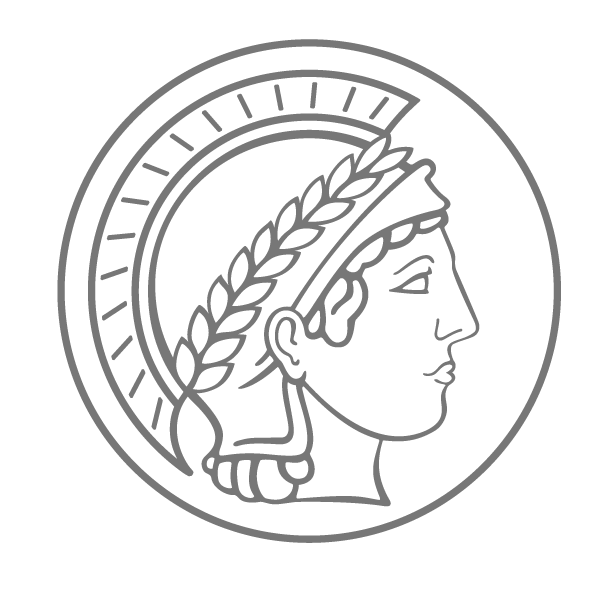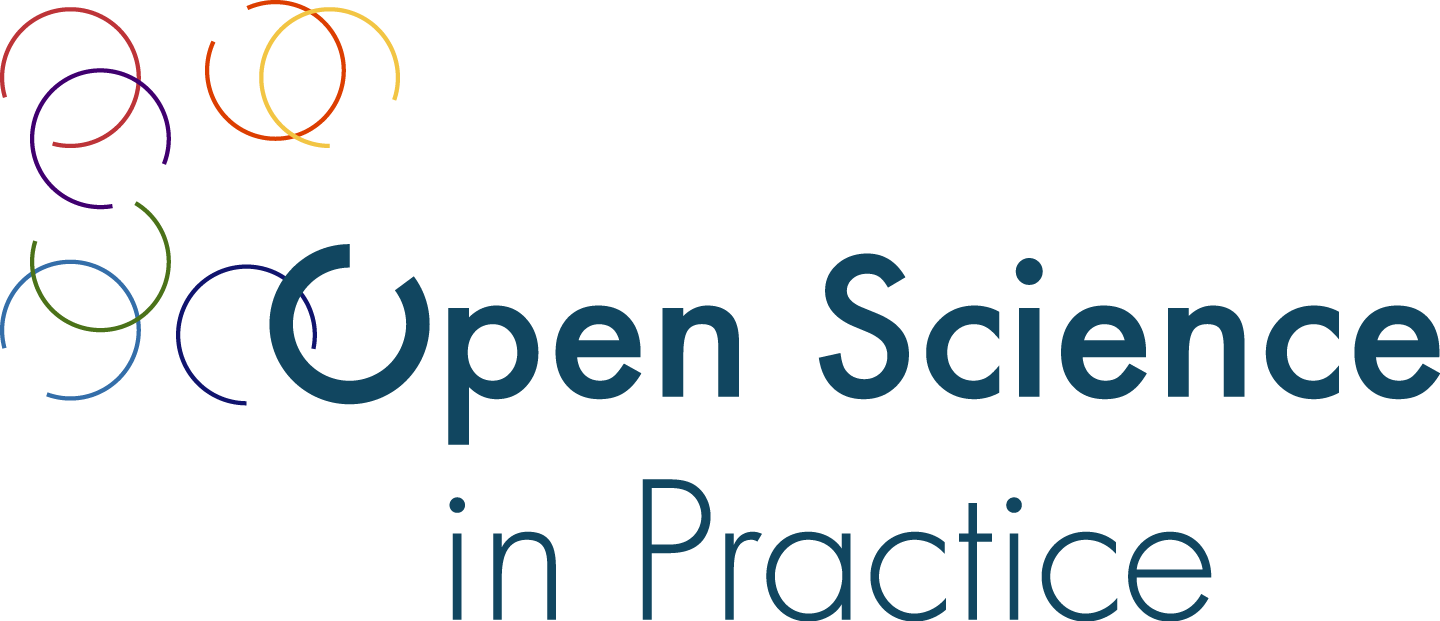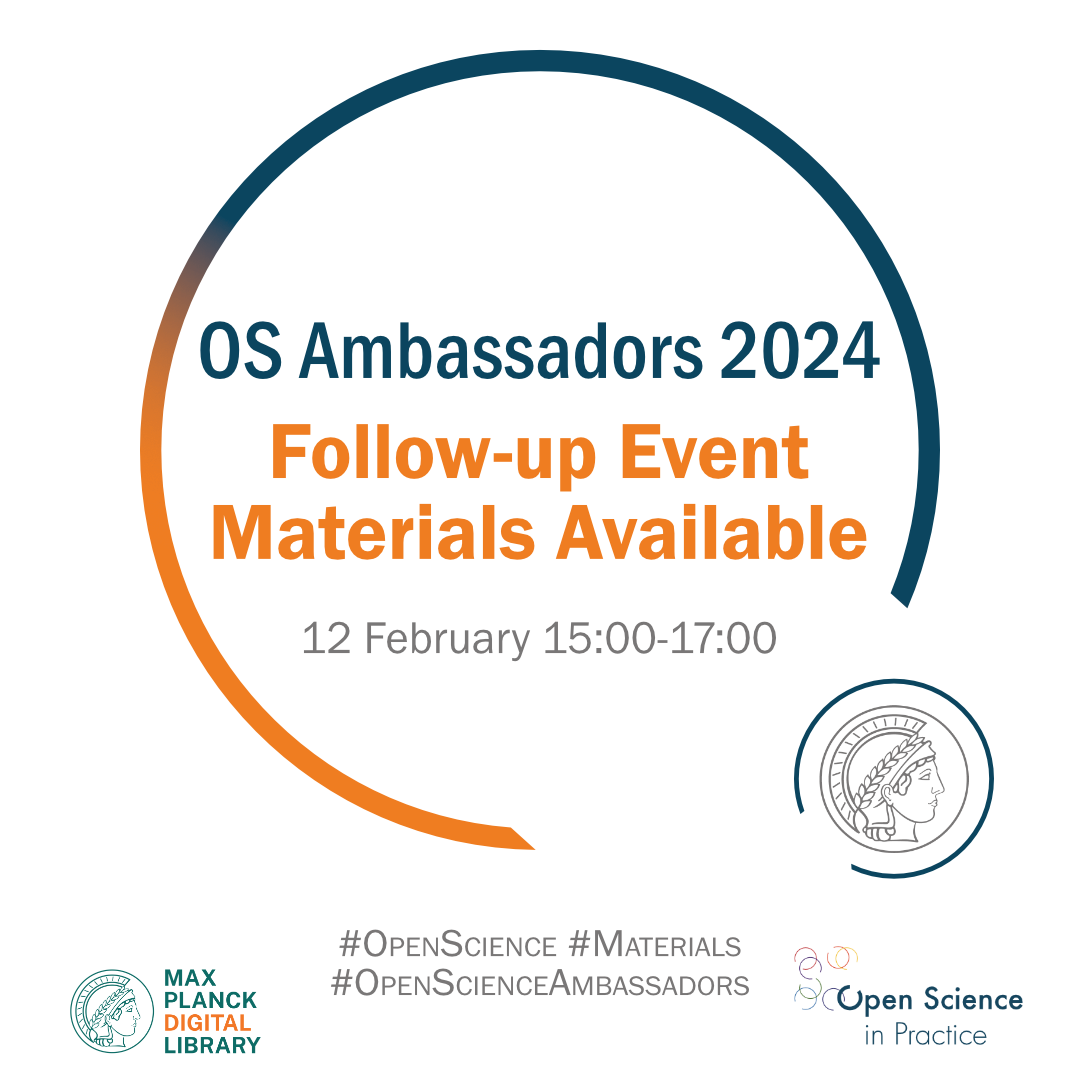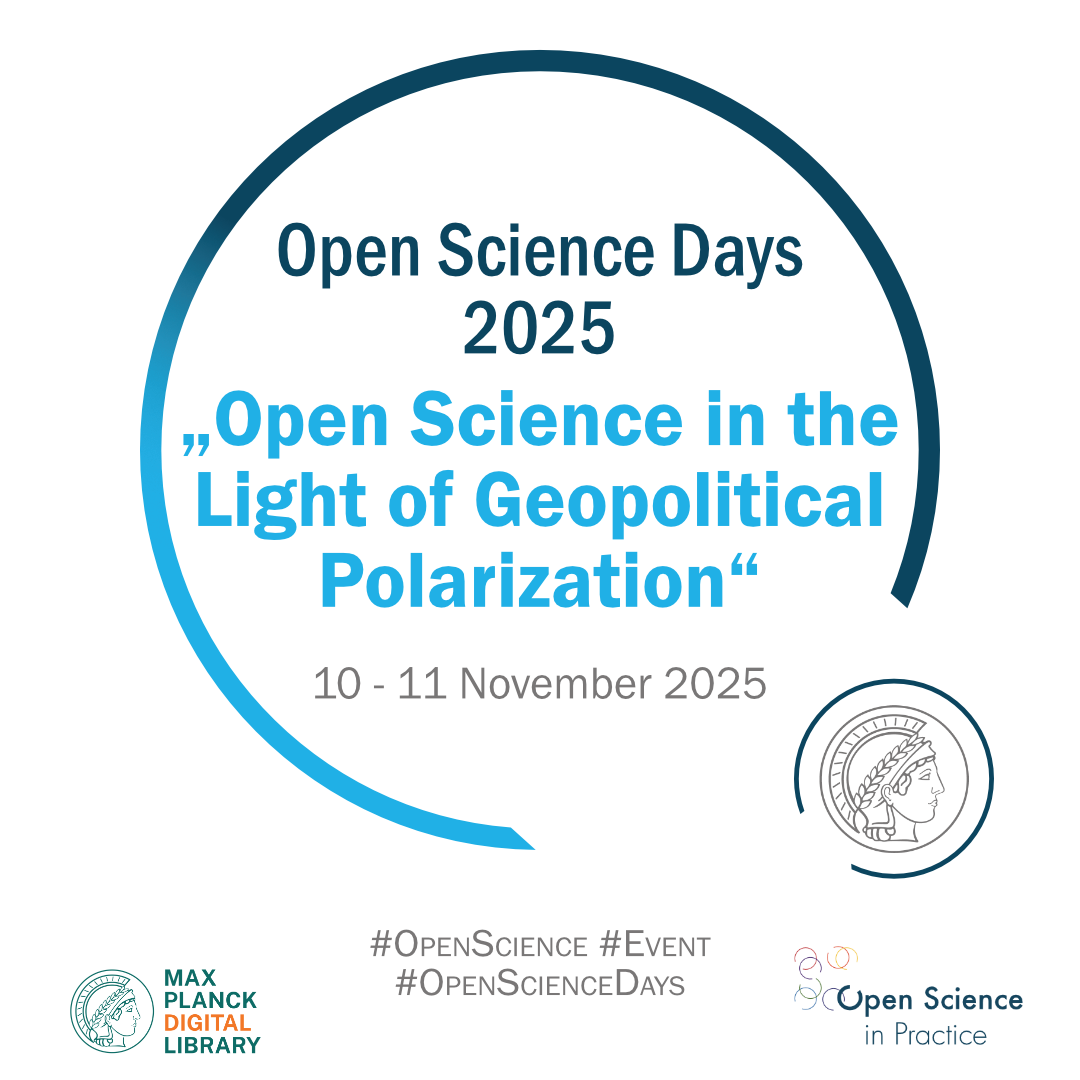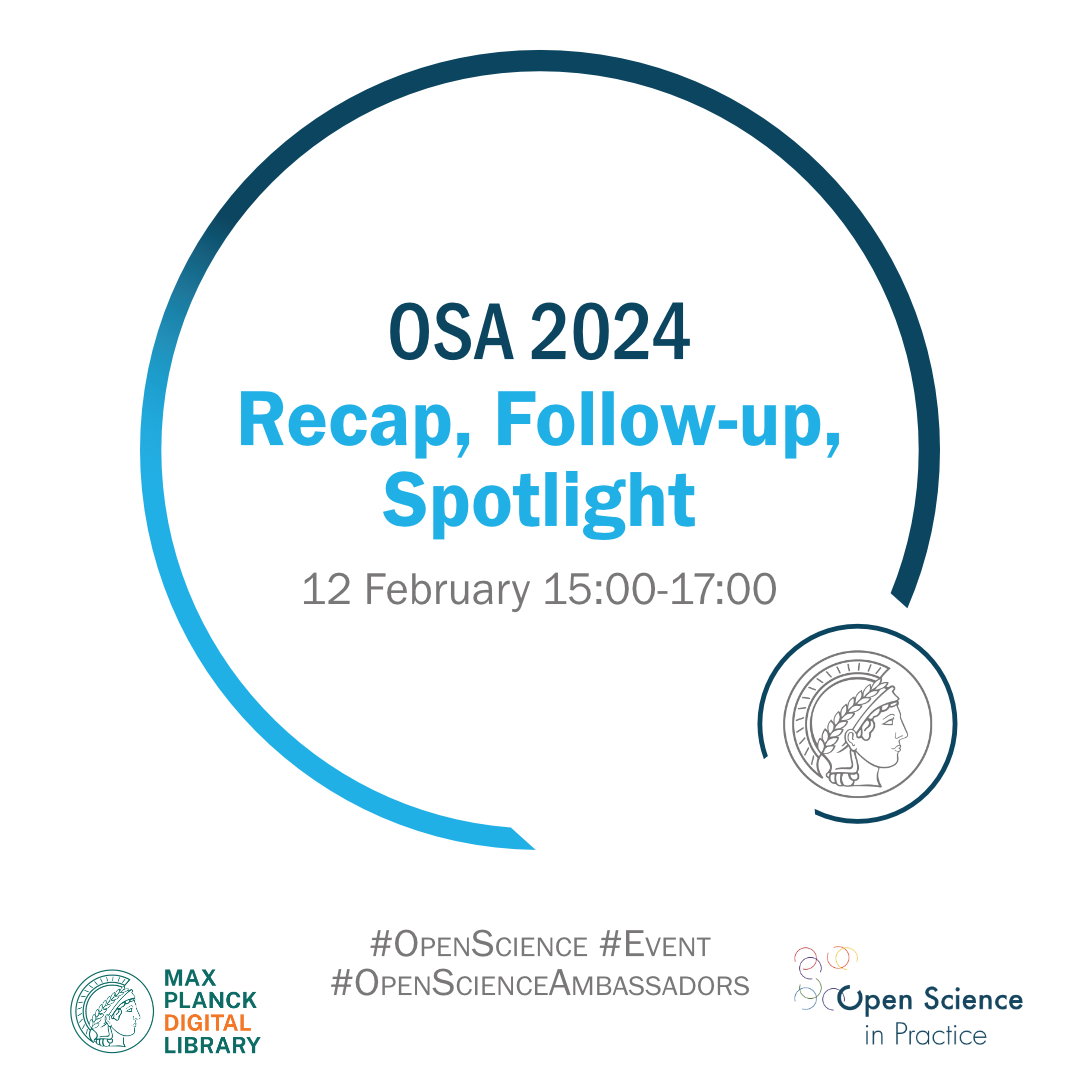The Talk Series 2021 marks the beginning of the “Open Science in Practice” project and website. Between June and October of 2021 a digital talk on Open Science was given every Wednesday. The Series concluded with the Open Science Days of that year.
Here you can find the speakers and their slides.
Dates
June 30
Recent developments in the EC policy on Open Science (Alea López de San Román, European Commission´s Directorate for Research and Innovation) Slides
July 7
The PhDnet Open Science Working Group (Pamela Ornelas, Department of Structural Biology, MPI of Biophysics) Slides
July 14
From institutional platforms to community-tailored services and NFDI4Culture: Open Science at Heidelberg University Library (Jochen Apel, University Library Heidelberg) Slides (exclusively accessible from the IP range of the MPG)
July 21
ESAC Market Watch (Ádám Dér, Max Planck Digital Libary) Slides
July 28
Open Source Software: facilitating Open Science at TU Delft (Esther Plomp, TU Delft) Slides
August 4
Open Research Data and GDPR (Heidi Schuster, Data Protection Officer at the Administrative Headquarters of the Max Planck Society) Slides
August 11
Searching for Open Science Practices for Junior researchers (Prof. Dr. Sascha Friesike, Director at Weizenbaum Institute for the Networked Society)
August 18
Increasing reproducibility through small changes in your daily research routine (Susann Fiedler, Institute for Cognition and Behavior, WU – Vienna University of Economics and Business)
August 25
Passport for Open Science – a practical guide for PhD students (Jennifer Morival, University of Lille / Joanna Janik, French National Centre for Scientific Research – CNRS) Slides
September 1
A Fundamental Rights Perspective on Open Science (Raffaela Kunz, Max Planck Institute for Comparative Public Law and International Law)
September 8
Enabla – A community-based open-access scientific-educational platform (Anton Kutlin, Condensed Matter Department, Max Planck Institute for the Physics of Complex Systems) Slides
September 15
Pandora: a community-based data platform for the study of the human past (Ricardo Fernandes, Department of Archaeology, Max Planck Institute for the Science of Human History)
September 22
How and why does the Competence Center Open Data support federal ministries and agencies in releasing open government data? (Thilak Mahendran & Nada Fischle, BVA – The central service agency of the Federal Government) Slides
September 29
Nextstrain – An Open Source Platform (Richard Neher, Biozentrum, University of Basel)
October 6
Open Science: What’s in it for a humanities and heritage library? Some thoughts from the Zentralbibliothek Zürich (Christian Oesterheld, Zurich’s central library)
October 13
LMU-OSC and the German Reproducibility Network (GRN) – Supporting Open Science practices through networks and institutions
(Felix Schönbrodt, Psychological Methods and Assessment, Department Psychology, LMU Munich / LMU Open Science Center) Slides
October 19/20
Open Science Days 2021
